Confirmed Measles Outbreak in South Carolina Prompts Statewide Safety Alert
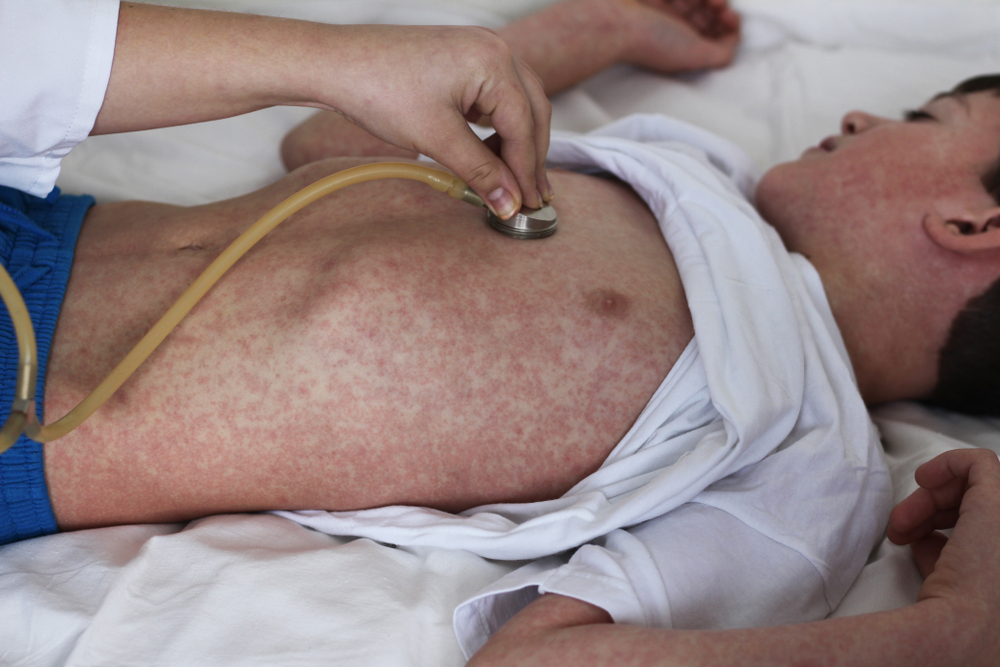
We live in a world that moves at the speed of thought. Our screens deliver breaking news faster than our minds can process it, and yet here we are — facing something we believed science had already conquered. South Carolina’s confirmation of a full-blown measles outbreak isn’t just a headline; it’s a wake-up call. For decades, this virus was treated as history, a reminder of the days before modern medicine gave us protection. But the reemergence of measles isn’t merely about biology. It’s about what happens when trust in science erodes, when misinformation multiplies faster than truth, and when we forget that health isn’t an individual privilege but a collective pact.
Behind every statistic is a heartbeat — a parent watching their child’s fever rise, a doctor fielding frantic calls late into the night, a community closing its school doors out of caution. These are not faceless numbers; they’re stories of vulnerability and consequence. When a preventable illness returns, it reminds us that progress is fragile. It asks, in quiet urgency, whether we still believe in the idea of protecting each other.
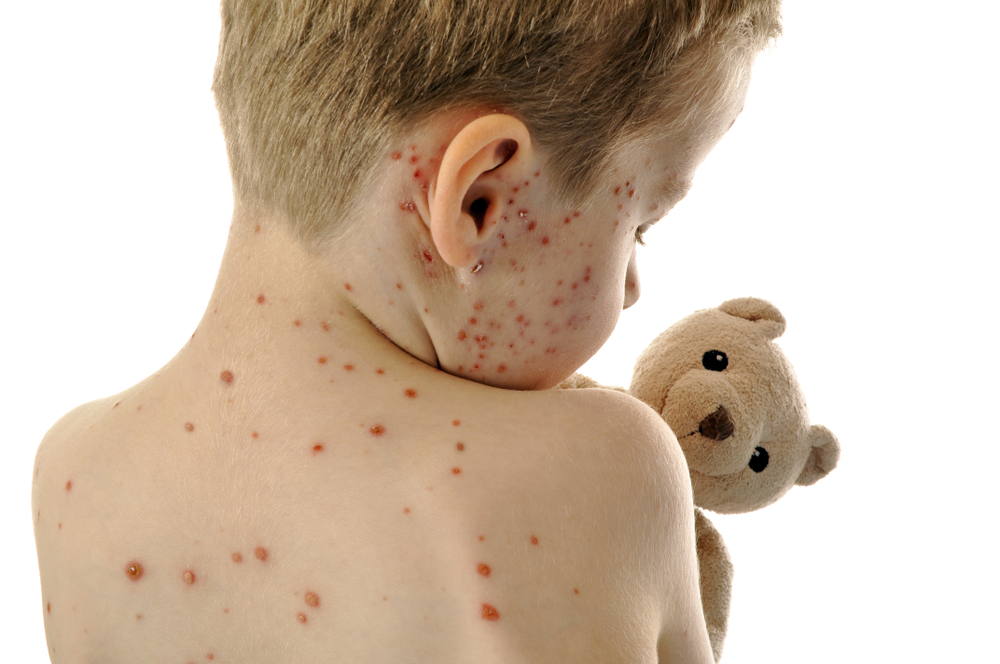
What We Know
Health officials have confirmed eight cases of measles in South Carolina — and while that number may seem small, the danger lies in the disease’s extraordinary contagiousness. The virus can linger in the air for up to two hours after an infected person leaves, turning enclosed spaces into invisible traps. Dr. Linda Bell, the state epidemiologist, has warned of “community spread,” a phrase that signals the virus is moving faster than our ability to track it. Early symptoms mimic a cold: cough, fever, red eyes, runny nose. But soon comes the rash — unmistakable, spreading like wildfire. By then, it’s already too late to stop transmission without community cooperation.
Public health departments are urging immediate attention to vaccination records. This isn’t scaremongering; it’s mathematics. The measles virus thrives when vaccination rates dip below roughly 95%, and in too many communities, they already have. The outbreak reveals not only medical vulnerability but a social one — a fracture between fact and belief, science and skepticism. The only true containment lies in unity — in understanding that the virus doesn’t discriminate, but our choices can determine its reach.
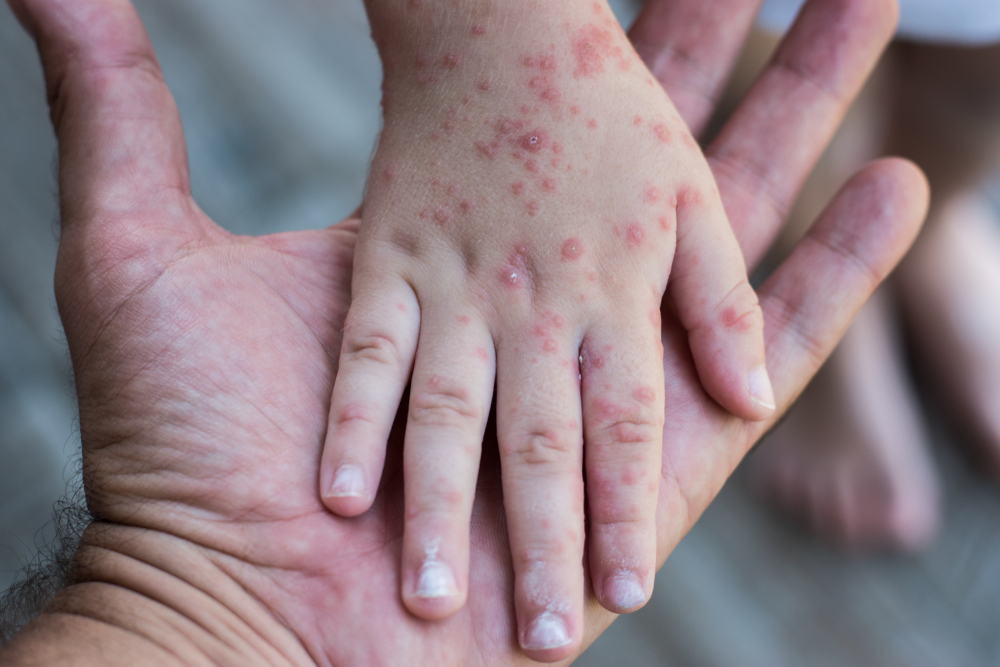
Why This Matters Beyond Biology
Measles is not just a medical issue; it’s a social mirror reflecting how trust can unravel. When vaccination rates drop, the walls of protection weaken, and what seeps through isn’t just disease — it’s doubt. In South Carolina, as in other parts of the world, misinformation has quietly eaten away at the fabric of public confidence. Some distrust arises from fear, some from fatigue, some from the echo chambers of social media where fear becomes entertainment. The result is the same: preventable suffering.
Yet, this moment also carries an invitation. If misinformation can spread, so can truth. If fear can be contagious, so can empathy. Healing the rift between science and the public won’t come from lecturing; it will come from listening. People who hesitate to vaccinate often do so out of confusion, not defiance. The solution lies in communication that feels human — in meeting people not with judgment but with patience. When we lead with understanding, we remind others that science isn’t an institution; it’s a conversation built by people who care.
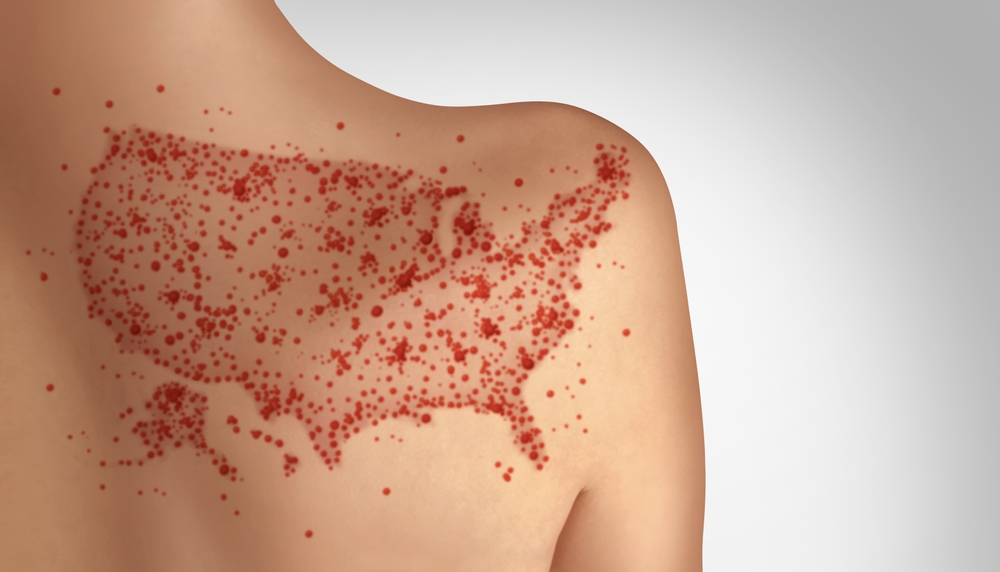
What You Can Do
Outbreaks don’t begin with evil intentions; they begin with small oversights — the unchecked record, the delayed appointment, the conversation avoided. But the power to turn things around also begins small. Start with yourself. Check your vaccination status and that of your loved ones. The MMR vaccine has stood the test of decades, its safety and efficacy proven by millions of lives saved. Getting vaccinated is not surrendering freedom — it’s exercising it responsibly. It’s saying, “My life and yours are connected, and I choose to honor that.”
If you or someone in your home feels unwell — fever, rash, cough — don’t dismiss it. Call ahead before going to a clinic. Measles can spread before symptoms peak, and isolation is not paranoia; it’s protection. Staying home, resting, and reporting symptoms early are not signs of weakness but acts of courage in a culture that often rewards recklessness.
Beyond your own home, consider how you can strengthen your community’s resilience. Encourage schools and workplaces to maintain health checks, improve ventilation, and communicate transparently. And when misinformation arises — in a conversation, a post, or a group chat — respond calmly, compassionately, and factually. Truth doesn’t need volume; it needs presence. Sometimes the smallest act of calm clarity can change an entire discussion.
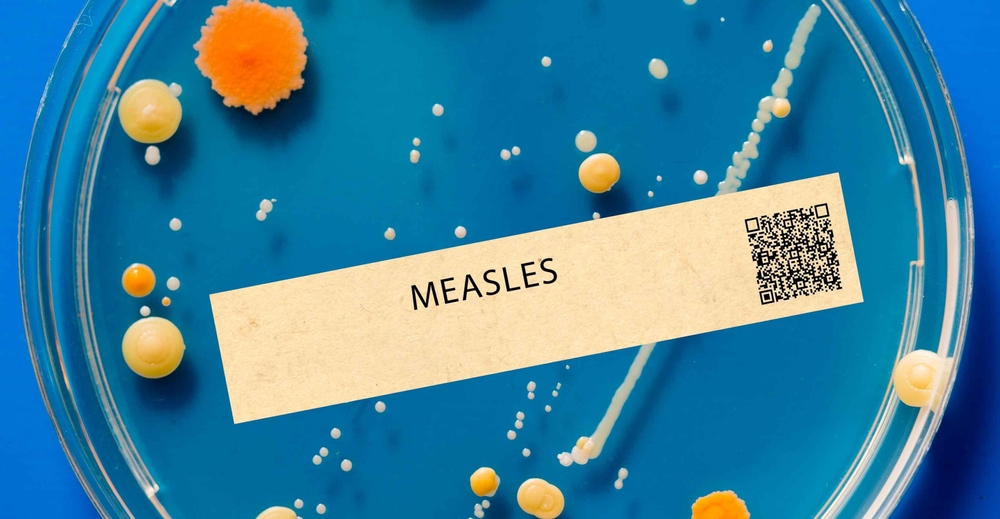
Understanding Resistance
Vaccine hesitancy is not the enemy — it’s the symptom of something deeper. People who resist vaccines often do so because they feel unseen, unheard, or betrayed by systems that have failed them elsewhere. The antidote to resistance is not force but understanding. Start by acknowledging their fear as valid, even if the facts don’t support it. Then share what we know: that the MMR vaccine has been tested more than almost any other medical intervention in history, that serious side effects are extraordinarily rare, and that the risk of measles itself — from blindness to brain inflammation — far outweighs the risk of vaccination.
But logic alone isn’t enough. Facts inform the mind, but empathy changes the heart. The moment you stop trying to “win” the argument and start trying to connect, you create space for change. The people most vulnerable to misinformation aren’t stupid — they’re scared. And fear, when met with gentleness, can become understanding.
A Broader View
Step back, and this outbreak becomes part of a larger pattern. Across the world, diseases once thought defeated are resurfacing — not because the science failed, but because our trust in it did. The same way measles spreads in air, doubt spreads in conversation. Both are invisible until the damage is visible. The South Carolina outbreak reminds us that progress is not a permanent state; it’s a living agreement between people. We have to keep renewing it — through education, compassion, and care.
It also reminds us of something humbling: no border, ideology, or privilege can isolate us from each other’s choices. The world is too connected for that illusion to survive. Every flight, every handshake, every shared room binds us together. The virus only needs an opening. But so does compassion. Our interconnectedness is not the problem; it’s the solution — if we use it with intention.
Reflection
The outbreak in South Carolina is a warning, but it’s also a call to action. A virus doesn’t care about beliefs or boundaries. It doesn’t read headlines or politics. It only asks for space to survive. But we have something stronger than measles — we have awareness, compassion, and choice. Let this moment remind us that health is not just a condition of the body but a reflection of our values. Prevention is love in motion; vaccination is empathy made tangible.
History will remember this not only by the number of cases but by the depth of our response. Let it show that we learned — that we listened, that we chose to protect one another when it mattered. The virus spreads quickly, but awareness spreads faster when carried by empathy. Let that be the legacy of this moment: that when fear rose, humanity rose higher.
Loading...

